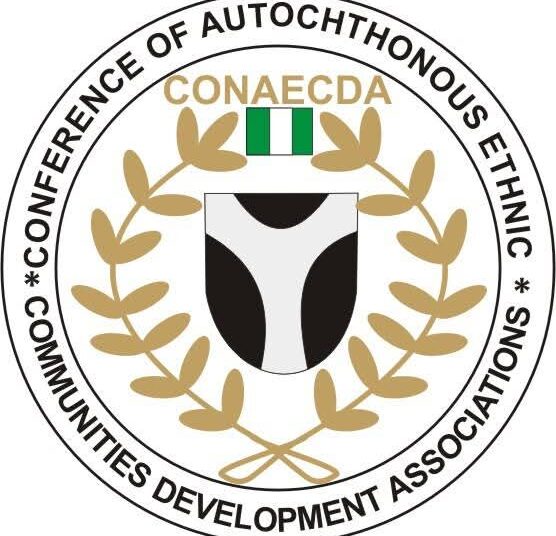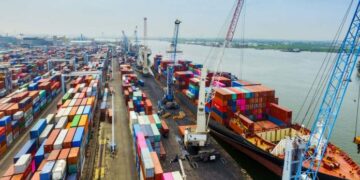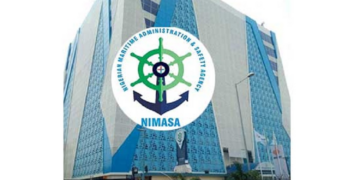The Conference Of Autochthonous Ethnic Nationalities Communities Development Associations (CONAECDA), has established Autochthonous Livestock Development Programme and the Autochthonous Livestock Producers Associations, for its members.
This was disclosed in a statement signed by CONAECDA media officer Stephen Sarki in Jos, the Plateau State capital.
According to the statement, the formation of the institutions is aimed at promoting indigenous livestock production, as well as to address the risk associated with livestock production in the country.
He added that the programmes, when implemented, will reduce the issue of farmers – herders conflicts and save the Autochthones from the risks of losing their rich biodiversity.
The statement directed all Community Development Associations in Central and parts of Northern Nigeria to key in, because of the many other benefits of the programmes, and to revert to CONAECDA, where they have difficulties in understanding some issues.
LEADERSHIP recalled that after the inauguration of the Presidential Livestock Reforms Implementation Committee and the creation of the Ministry of Livestock Development, CONAECDA convened a meeting of the Autochthonous Livestock Producers Associations (ALPA) in Jos, where members were briefed by experts with in-depth knowledge of livestock developments.
At the end of the meeting, it was resolved the federal, states and local governments should be engaged to ensure equity, professionalism and sustainability in the implementation of the livestock reforms.
The meeting also agreed to sensitise its members to take advantage of the new friendly policy and fully key into the various livestock development strategies for which they have relative advantages, and to strengthen the capacity of its members to play active roles in the National Livestock Development Programme.
CONAEDAC also advocated for the rights and privileges due to the Autochthonous livestock producers, and stressed the need for Autochthonous Livestock producers to adequately engage with government so that they can contribute to policy formulation and to actively participate in the processes and the running of various aspects of livestock production.











